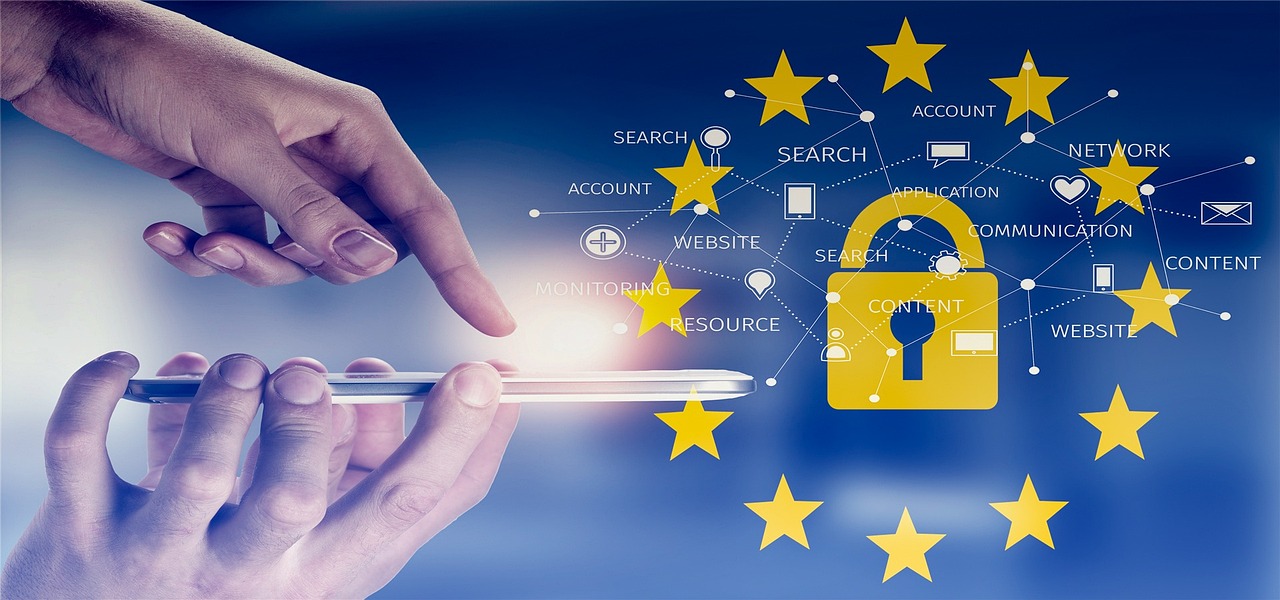What is Digital Literacy?
Digital literacy means having the skills you need to live, learn and work in a society where communication and information are increasingly managed online through internet platforms, social media and mobile devices.
There are a number of definitions and models, most include the following elements which you can explore further by clicking on the tiles below.
 Digital learning - Using digital tools to learn, organise and work smarter.
Digital learning - Using digital tools to learn, organise and work smarter.-
ICT proficiency - Getting the best from your tech, devices and software.
-
Digital identity - Staying safe and managing your online profile.
-
Information literacy - Finding and using the best resources.
-
Digital creation and collaboration - Creating your own online materials and working with others.
-
Communication and exchange - Using social media and apps in your studies and beyond.
- Digital Wellbeing - the impact of technologies and digital services on people's mental, physical, social and emotional health.
